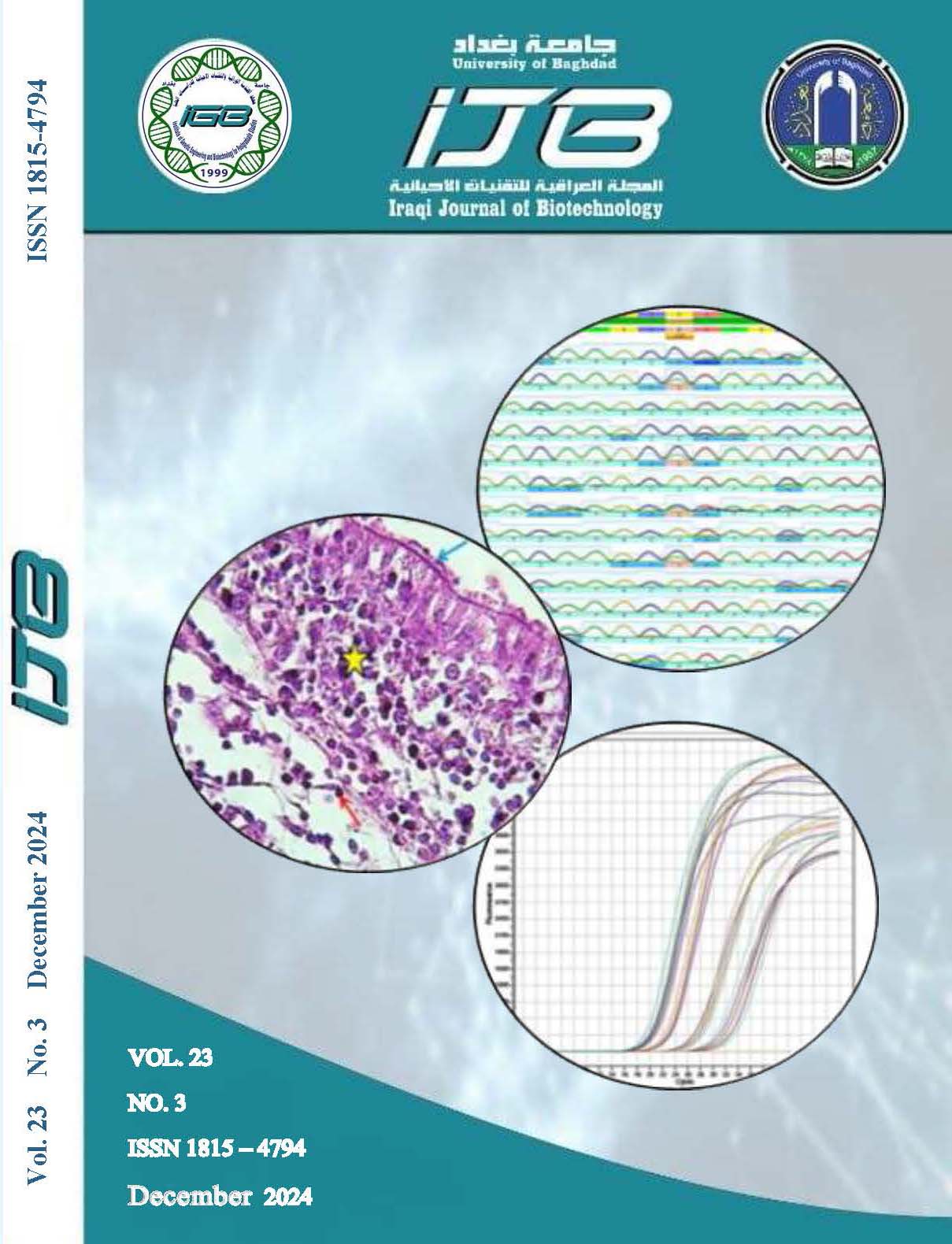The Therapeutic Responses of Resveratrol against Ovalbumin-Induced Asthma Influenced Via Upregulation of Forkhead Box Transcription Factor in Rats
Abstract
Asthma fist attack incidents can happen at any age, with the majority of occurrences happening in people under the age of 10, with boys more commonly affected than girls. However, in adults, women are more often affected than men. Asthma in adults is sometimes associated with exposure to particular items during work, including pesticides, and wood dust. The purpose of this study was to determine if Resveratrol (RES) could reduce the allergic asthma that ovalbumin (OVA) induces in rats. 60 adults, 10-week-old rats were divided into the following groups at random: The first group (G1) was regarded as naive, the second group (G2) consisted of rats getting resveratrol, the third group (G3) consisted of asthma-induced rats using ovalbumin and the fourth group of rats (G4) received both resveratrol therapy and asthma induction. Blood samples were taken at the end of the experiment to assess total white blood cells and red blood cells, and Broncho Alveolar Lavage Fluid (BALF) to assess redox system activity. Furthermore, lung and trachea tissue were collected for histopathology. Moreover, the Foxp3 gene was detected in the spleen. Data analysis showed that the number of total white blood cells decreased significantly p<0.05 after resveratrol treatment. While the number of red blood cells was increased statistically by p<0.05 with resveratrol therapy. Resveratrol increased Glutathione (GSH) concentration significantly p<0.05 and decreased malondialdehyde concentration significantly in BALF. Resveratrol was able to alleviate the epithelial mucosa thickness, mucosal obstruction, and light mononuclear leukocyte infiltration in trachea tissue and attenuate severe interstitial pneumonia with infiltration of mononuclear leukocytes, congestion of interstitial tissue, and alveolar dilation in lung tissue. Overall, the study concluded that resveratrol possesses the biological actions that are necessary to boost the pulmonary system's defences against the harmful effects of ovalbumin-induced asthma.


